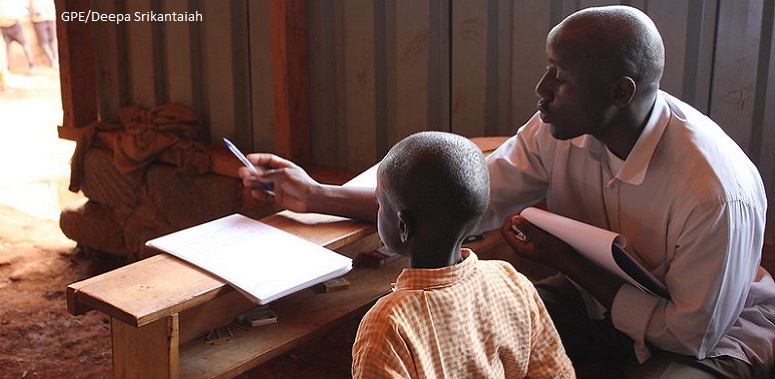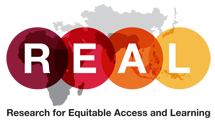Country-level theories of change: From assessment to action
Project summary
In a number of developing countries, Citizen-Led Assessments (CLAs) have achieved great success in documenting the learning crisis, highlighting that expanding access to schooling has not reflected in increasing learning levels for many children. This model emerged in 2005 in India and since then has spread to 13 different countries across Asia, Africa, and Latin America. The People’s Action for Learning (PAL) Network has subsequently been formed as a formalised ‘coalition of the willing’, working to address the critical issue of learning.
While the assessments have played a key role in shifting global and national debates towards the problem of learning and quality of education, there is not yet clear evidence of their having an effect on motivating citizens and education authorities to take effective action, as was found by a 2015 evaluation by Results4Development. Subsequently, the PAL Network formally instituted an Assessment to Action Working Group in February 2016. The Working Group held its first meeting during the PAL Network General Assembly, where it began to articulate its goals, objectives and plan for the next 12-18 months.
This research project aims to support the PAL Network and its members in developing their theories of change, identifying variations between contexts, and documenting case studies of approaches being used for assessments to lead to action. The theory of change is an outcomes-based approach that has been increasingly used within international development, and it seeks to apply critical thinking to the design, implementation and evaluation of initiatives and programmes. It also lies at the heart of CLAs, as they aim to not just collect data on learning but also to effect positive change through various dissemination and engagement strategies.
By documenting country-level theories of change in CLAs and trying to identify and understand their variations through researching the current state of the field, this project intends to better understand the impact pathways between assessments of and improvements in learning outcomes. The project will work collaboratively with the PAL Network and its member organisations to conduct this research and produce case studies, a synthesis report and social media communications that can aid the strategic goal of Assessment to Action. It also hopes that the recommendations will be useful beyond the PAL Network, to other practitioners, donors and policy-makers as they try to combat the learning crisis.
Research team
Principal Investigator: Professor Pauline Rose
Co-Investigators: Dr Ben Alcott; Professor Ricardo Sabates
Research Assistant: Anum Yousaf Shiekh
Duration
30 November 2016 – 31 December 2017
Funder
Hewlett Foundation
Publications
From assessment to action: Lessons from the development of theories of change with the People’s Action for Learning Network
Alcott, B., Rose, P., Sabates. R. and Ellison, C. 2023 Global Education Review
Assessment for action: An organic, free-range approach to raising learning for all
Alcott, B., Rose, P., Sabates. R, Cherfils, M. and Alonso, M. L. 2018
Research and Policy Paper No. 18/5
Experience and lessons of learning intervention programmes across the PAL Network members
Alcott, B., Rose, P., Sabates. R., Alonso, M. L. and Cherfils, M. 2018
Research and Policy Paper No. 18/4
Blogs
Mobilizing the power of volunteers through citizen led assessments
Pauline Rose and Ricardo Sabates, Global Partnership for Education, 17 April 2017
Learning from the PAL Network’s organic and free-range approach to raising learning for the most disadvantaged
Ben Alcott, Pauline Rose and Ricardo Sabates, PAL Network, 2018


